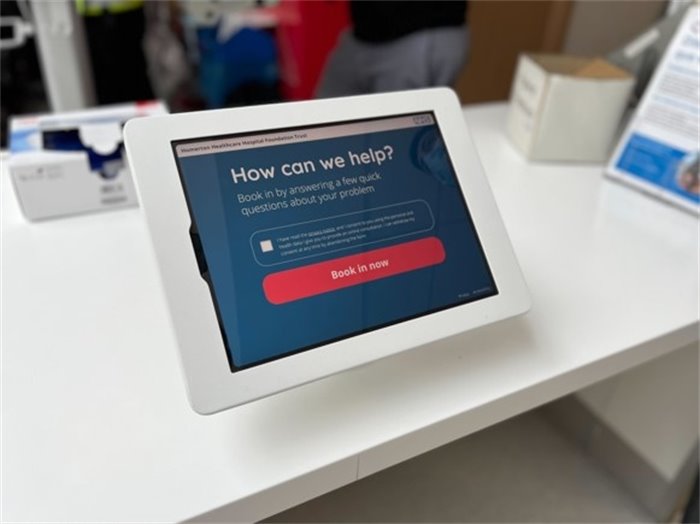Efforts will be made to enable audio and video consultations
Credit: Adobe Stock
Scotland’s post-coronavirus recovery plan includes a multimillion-pound investment in using video and audio technology to offer speedy access to doctors.
Plans detailed by Scottish Government ministers yesterday detail a number of reforms across primary and acute care with the ambition of increasing capacity by at least 10% as quickly as possible. This will help address the backlog of treatments and operations caused by the Covid-19 pandemic.
Prior to which, Scotland’s NHS carried out about 270,000 inpatient or one-day procedures each year, and approximately 1.4 million outpatient appointments. The government say they aim “to increase NHS capacity substantially beyond these levels.”
To do so, the government has approved cumulative investment of £1bn in a range of measures and additional resources.
This includes spending £23m to redesign urgent care to allow rapid access to a senior clinician via a telephone or video consultation where possible.
Some £29m will be spent targeting diagnostic backlogs, providing 78,000 additional procedures in 2021/22 rising to 90,000 per year from 2025/26.
Related content
- Doctors’ union to review use of video consultations
- All patients to be offered remote GP consultations within five years
- Videoconferencing can benefit the NHS and patients long after coronavirus
Scottish first minister Nicola Sturgeon said: “This plan will drive the recovery of our NHS, not just to its pre-pandemic level but beyond. As we maintain our resilience against Covid-19 and other pressures, the Scottish Government is providing targeted investment to increase capacity, reform the system and ultimately get everyone the treatment they need as quickly as possible. Tackling the backlog of care is essential and will be a priority. But we want to go further than that and deliver an NHS that is innovative, sustainable and stronger than ever before.”
The Scottish Government’s plans also provide for an increase in funding for National Treatment Centres (NTCs) that will allow another 40,000 elective surgeries and procedures per year, while investment in primary care investment will be raised by 25%. Another £130m, meanwhile, will go towards the government’s National Cancer Plan and Detect Cancer Early Programme, while at least 10% of frontline health spending will be dedicated to mental health, and recruiting 320 additional Child and Adolescent Mental Health Services (CAMHS) workers
One of the plan’s priorities is to focus on the wellbeing of NHS staff; a recent poll by Unison found that more than half of nursing staff in the Scottish NHS have considered leaving their job in the past year and almost a third thought about quitting “very often”.
Only 10% felt the Scottish Government valued their skills and just over a third said they would recommend nursing as a career to their friends and family. A survey carried out by the BMA last year found similar feeling among doctors.
As part of the plan an additional £8m will be spent on supporting the mental health and wellbeing of clinicians, while £11m will go towards new national and international recruitment campaigns to attract an additional 1,500 staff over the next five years for NTCs, 1,000 mental health link workers in communities, and 800 more GPs.



